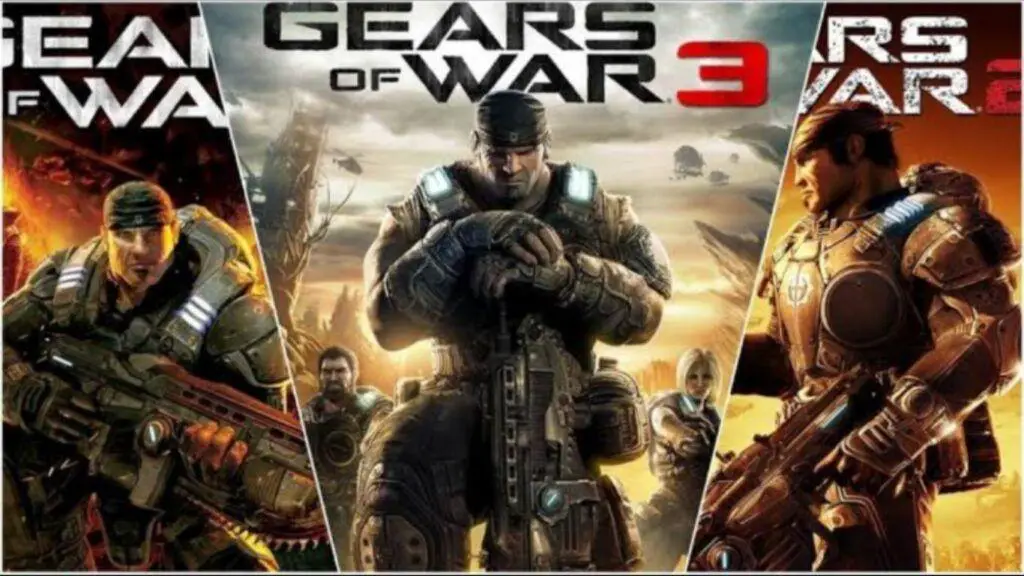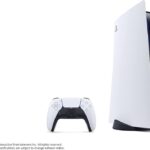The whispers in the gaming community have begun to assemble, pointing towards a potential blockbuster announcement that could shake the very foundations of console exclusivity. For years, the Gears of War franchise has been synonymous with Xbox, a badge of honor proudly worn by Microsoft’s loyalist fan base. Yet, as the video game landscape continues to evolve, a tantalizing rumor has emerged: the beloved Gears of War Collection might be making its way to the PlayStation 5 this summer, bridging a long-standing divide between console allegiances. Will this revelation come to fruition, and if so, what does it mean for the world of gaming? Let’s explore the rumors and what they might portend for fans of the iconic franchise.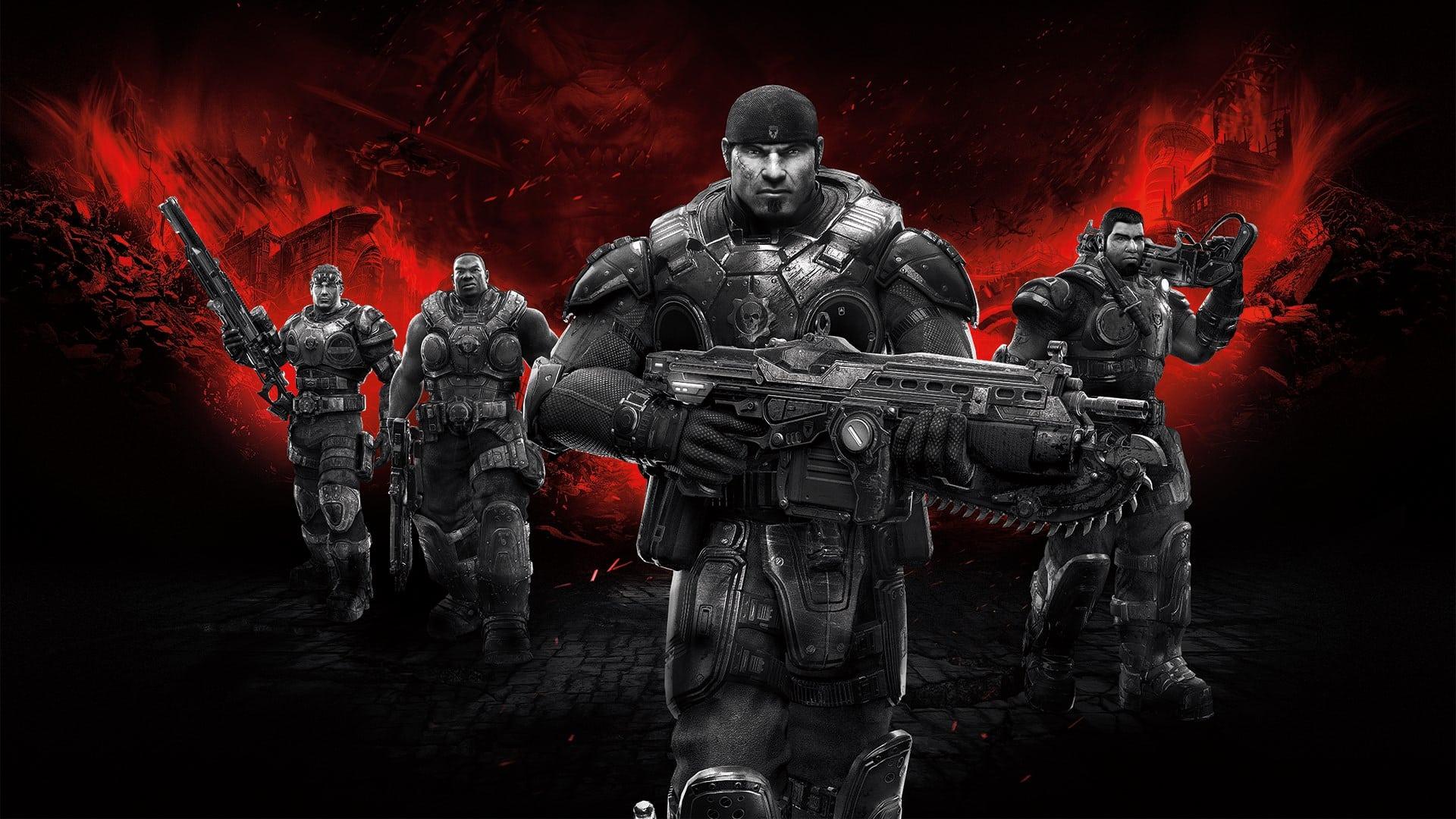
A Potential Shift in Gaming Alliances
A decades-long exclusivity deal between Microsoft and the Gears of War franchise has had many gamers taking for granted that the popular third-person shooter series would never be playable on non-Xbox or non-Windows platforms. However, as industry trends shift towards a more platform-agnostic, service-oriented gaming landscape, gamers and investors alike can’t help but wonder if it’s possible that exclusive deals may slowly begin to unravel.
The idea of a potential Gears of War collection heading to PlayStation 5 is somewhat of a complicated concept, with many implications for both Sony and Microsoft. Potential cross-platform releases can have major benefits, including but not limited to:
- Enhanced gamer experience through increased access
- More flexible subscription options
- Competitive pricing pressure as a service to consumers
Profit margins and customer retention are a concern for both console manufacturers as new revenue streams emerge. When considering potential cross-platform releases, Microsoft and Sony’s game developers must weigh costs like developer workload and compatibility concerns in their financial assessment regarding deal dynamics.
| Exclusive Titles | Console Manufacturers | Potential Shift Drivers |
| Halo, Gears of War | Microsoft | Advancements in Cloud Gaming and Cross-Platform Play |
| The Last of Us, God of War | Sony | Consolidation in the Gaming Industry and a Growing Demand for Access |
This potential shift becomes evident as both console manufacturers strengthen their individual gaming services.

Gears of War Franchise Overview and Its History
The Gears of War franchise is a critically acclaimed series of third-person shooter games developed by Epic Games and later by The Coalition, a subsidiary of Xbox Game Studios. The franchise revolves around a futuristic world where human civilization is threatened by an underground enemy known as the Locust Horde, and later by the Lambent and the Swarm. With the release of the first game in 2006, Gears of War has become a staple in the gaming industry, known for its engaging storyline, memorable characters, and thrilling gameplay.
Over the years, the franchise has expanded to include numerous games, novels, and even a Netflix series. The main games in the series include:
- Gears of War (2006) – The first game that started the franchise, known for its cover-based gameplay.
- Gears of War 2 (2008) – The sequel that introduced new multiplayer modes and a more engaging storyline.
- Gears of War 3 (2011) – The final game in the original trilogy, concluding the story of Marcus Fenix.
- Gears of War: Judgment (2013) – A prequel that explores the events leading up to the first game.
- Gears of War 4 (2016) – A new beginning for the franchise, introducing a new protagonist and a new threat.
- Gears 5 (2019) – The latest game in the series, continuing the story of JD Fenix and his allies.
| Game | Release Year |
| Gears of War | 2006 |
| Gears of War 2 | 2008 |
| Gears of War 3 | 2011 |
| Gears of War: Judgment | 2013 |
| Gears of War 4 | 2016 |
| Gears 5 | 2019 |
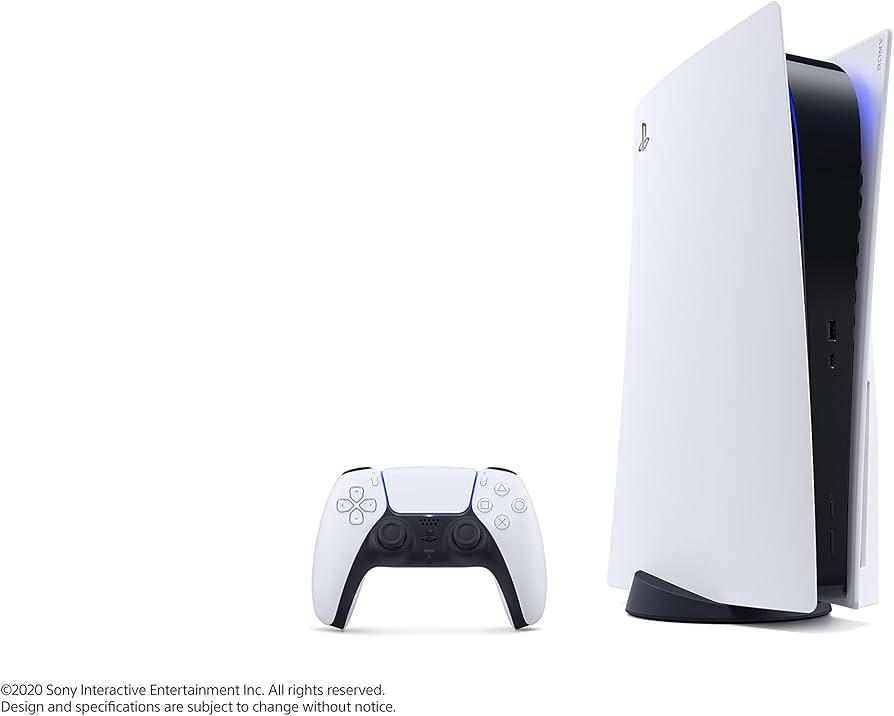
Why a PS5 Release Makes Sense for Microsoft
Microsoft has made it clear that they intend to support and cater to a wide range of gamers, regardless of platform affiliation. By releasing a Gears of War Collection on the PS5, they would be able to tap into the massive Sony userbase. This would not only have a positive impact on their revenue but also further their goal of inclusivity.
Such a move would also allow Microsoft to test the waters, evaluating the PS5 as a viable platform for their games. It could set a precedent for future collaborations, potentially paving the way for more Microsoft exclusives on Sony consoles. Alternatively, it might also encourage Sony to open up to the idea of releasing their exclusive titles on the Xbox.
Here are just a few benefits a potential PS5 release might bring to Microsoft:
- Access to a gigantic market of gamers currently only available on the Xbox through streaming or xCloud
- A chance to assess the long-term viability of the PS5 as a platform for their titles
- Increased exposure for the Gears of War franchise, helping to refresh interest in it
Other Possible Future Collaborations:
| Game Series | Possible PS5 Release | Possible Xbox Series Release |
|---|---|---|
| Halo | Plausible | The Last of Us |
| Forza | Probable | God of War |
| Fable | Possible | Horizon Forbidden West |

Impact on the Gaming Industry and Fans
This potential announcement could lead to a significant shift in the gaming landscape. It would allow fans to experience the Gears of War series in a new light, and give new players the opportunity to explore a world previously exclusive to Xbox.
| Impact on Fans |
|---|
|
The potential partnership between PlayStation and Microsoft to bring Gears of War to the PS5 may also influence other gaming companies to reconsider their exclusive titles, possibly paving the way for more crossover releases in the future. Gaming communities would benefit from shared experiences, collaborations, and broader access to a variety of popular games.
| Forecasted Reactions | Possible Outcomes |
|---|---|
|
|

Key Features and Updates to Expect
Although the official details about the Gears of War Collection for the PS5 are scarce, several leaks have indicated what potential upgrades and additions gamers can look forward to. Enhanced graphics and 4K resolution support are on the horizon, offering an immersive experience with crisper visuals and more detailed textures. Furthermore, the Collection is expected to run smoothly at a consistent 60 FPS, reducing any potential lag or disappointment for gamers.
Upgrades and Updates:
- Refreshed and reworked audio, ensuring gamers are now truly immersed in the experience.
- New challenges and gameplay options to test the players’ skills.
- Revamped online multiplayer features, potentially featuring dedicated servers for seamless co-op and competitive play.
- Cross-gen and cross-platform compatibility to ensure you can play with friends regardless of their chosen platform.
| Collection Feature Comparison | Previous Version | PS5 Collection |
|---|---|---|
| Frame Rate | Up to 30 FPS | Up to 60 FPS |
| Resolution | Up to 1080p | Up to 4K (3840 x 2160) |
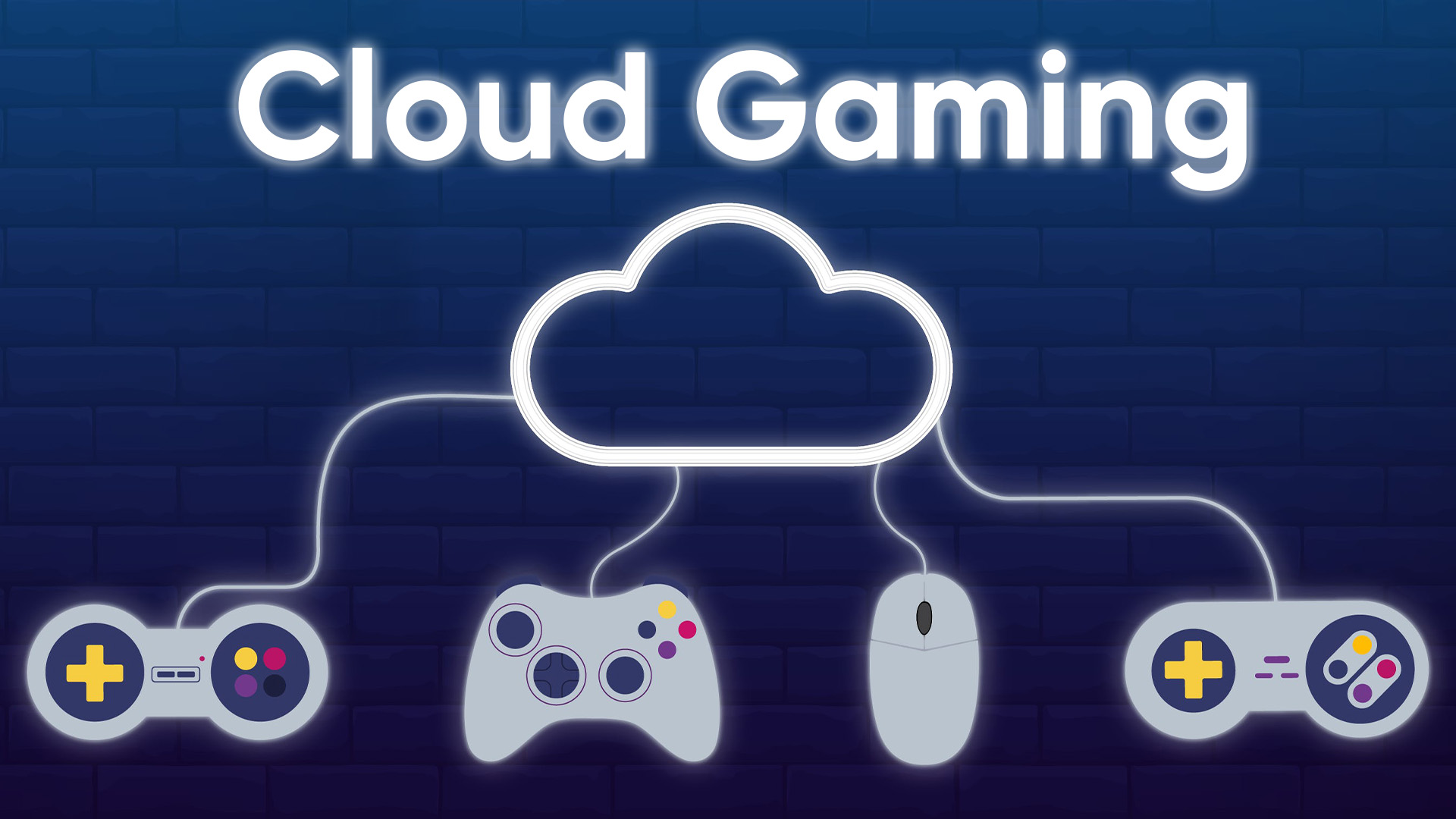
Cloud Gaming and Its Potential Role in the Release
Microsoft’s recent endeavors in cloud gaming via xCloud, however, could be a game-changer for this rumored Gears of War collection. The potential for more games to reach a wider audience has increased exponentially, especially considering PlayStation and Microsoft’s ongoing efforts to work together for the greater good of gaming. A cloud-based release could indeed open doors to PlayStation gamers wanting to experience the iconic Gears of War games.
Several game publishers have already engaged in xCloud to increase the accessibility of their games to more users, particularly on more devices with better performance. The introduction of Cloud Gaming Quality standards in tables like the one below highlights how the field is advancing to make better, more immersive games available across a broader range of devices.
| Cloud Gaming Quality | Expected Performance | Compatible Devices |
|---|---|---|
| Entry | 1080p – 30fps – 10ms latency | Standard Web Browsers and Laptops |
| Mid Tier | 1080p – 60fps – 5ms latency | High-End Laptops, Smartphones, Tablets |
| High Tier | 2160p – 60fps – 2ms latency | Top Tier Gaming PCs, Gaming Consoles |
A Gears of War collection on PS5 through cloud gaming could significantly alter how Microsoft approaches multi-platform gaming and increase in popularity with cloud-based accessibility. Some of the key benefits of Cloud Gaming, in this case, might include:
- Immediate Accessibility across a range of platforms and devices
- No need for downloads and installations
- Long-term cost-effectiveness and ease of expansion
This demonstrates a fundamental change in Microsoft and other gaming giants’ strategies in response to the ongoing evolution of cloud gaming technology and what this could potentially mean for future releases.
Required Hardware and Specifications for Smooth Gameplay
For an optimal gaming experience, it’s crucial to ensure your console meets the necessary requirements. Although the official system requirements have yet to be announced, based on previous titles and industry standards, below are the anticipated minimum and recommended hardware specifications:
Here are the potential system requirements for the rumored Gears of War Collection:
| Component | Minimum Requirements | Recommended Requirements |
| Controller | DualSense or Compatible Third-Party Gamepad | DualSense or High-End Third-Party Gamepad |
|
1 TB of free space | 2 TB of free space |
| CPU | AMD Zen 2, 3.2 GHz | AMD Zen 2, 3.5 GHz or Higher |
Additional features such as Ray Tracing, HDR support, and Variable Refresh Rate may also be available on the PS5, further enhancing the overall gaming experience.
Concluding Remarks
As the whispers surrounding the Gears of War Collection’s potential arrival on PS5 continue to swirl, one thing is certain: the gaming world is holding its collective breath in anticipation. Whether or not this rumour will prove to be fact or fiction come summertime remains to be seen, but one thing’s for sure – the prospect of experiencing Marcus Fenix’s iconic campaigns on a new platform has reignited a spark of excitement among gamers. Stay tuned for further updates, and in the meantime, let the speculation continue to fuel the fire of possibility.




